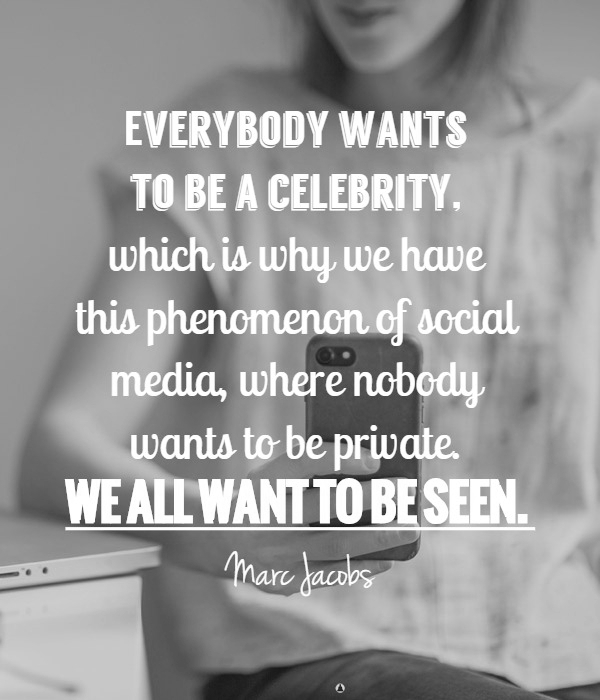Join Our Newsletter
Subscribe with your email to receive the latest news, updates, and exclusive offers.

In our modern age, selfies are nothing out of the ordinary. Most of us will take one on a night out, while hanging out with friends, or if we think we look particularly nice that day. Despite that, however harmless they may seem, there may be something much more sinister behind them.
For some people, their fondness of photographing themselves is hiding a much deeper disorder. Taking selfies may be a sign of narcissism, according to science.
A new survey was recently conducted and published in the Journal of Personality and Individual Differences. In it, they questioned men aged between 18-40 on their use of social media. They also questioned how often they take selfies and whether they edit their image in these photos.
Along with that, they also checked whether the participants had traits of one of the “Dark Triad” of personality disorders. To do that, they ask them to rate how strongly they felt about certain statements. These statements included, “I tend to not be too concerned with the morality of my actions,” “I tend to want others to pay attention to me,” and “I tend to manipulate others to get my way.”
From this survey, the researchers discovered a lot about the correlation between selfies, social media, and the Dark Triad. They found that these disorders, especially narcissism, were more common in participants who took selfies often and edited their image.

According to the authors of this study, the point of this research was to “examine the Dark Triad and trait self-objectification as predictors.” This Dark Triad refers to narcissism, Machiavellianism, and psychopathy.
According to dictionary.com, Machiavellianism is “characterized by subtle or unscrupulous cunning, deception, expediency, or dishonesty.” Psychopathy is defined as “a mental disorder in which an individual manifests amoral and antisocial behavior, lack of ability to love or establish meaningful personal relationships, extreme egocentricity, failure to learn from experience, etc.”
Finally, dictionary.com defines narcissism as “inordinate fascination with oneself; excessive self-love; vanity. Synonyms: self-centeredness, smugness, egocentrism.”
According to Dr. Gwendolyn Seidman, these disorders are “called ‘dark’ because they have an almost evil connotation and are associated with a callous and manipulative way of interacting with other people.”
According to the researchers of this study “Men who self-objectify spent more time on SNSs (social networking sites) than those lower in self-objectification … More narcissistic individuals reported spending more time on SNSs. Those higher in narcissism and psychopathy reported posting selfies more frequently. Narcissists and individuals high in self-objectification more frequently edited photos of themselves that they posted on SNSs.”
Although the results differed slightly depending on which disorder was likely present in participants, one thing united them all. Each group was more likely to perfect their online image and spend a lot of time editing their selfies. This was particularly true for those with narcissistic personality disorder.
As the researchers put it, “those high on Dark Triad traits may employ SNSs to execute ‘cheater strategies’ to help them achieve their interpersonal and social goals despite their antisocial personality traits.” This means that they’ll present a false image of themselves online to help them achieve their own personal goals.
Although taking selfies has become a normal activity, it can sometimes signal something much darker. For some, taking photos of themselves is more of an obsession which they use to feed their more sinister traits. Likewise, many narcissists are guilty of taking an excessive number of selfies and editing themselves to appear better than they are.
Share this article with your friends and see what they think about this study.
